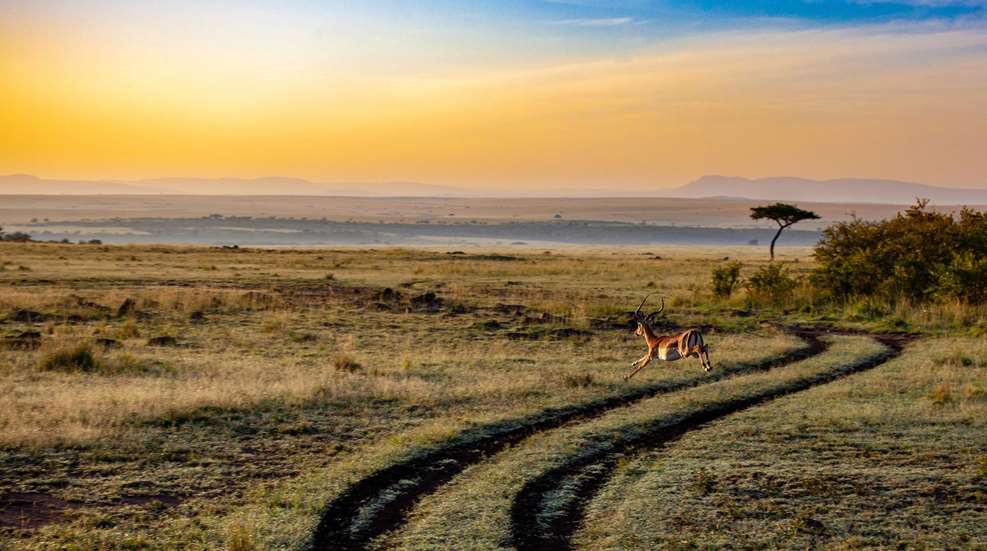
The New York State Legislature adjourned over the weekend without passing Senate Bill (SB) 2814, titled the “Big Five African Trophies Act." If enacted, SB 2814 would have banned the importation, transportation, and possession of five major African wildlife species, including the African elephant, lion, leopard, black rhinoceros, white rhinoceros, and giraffe.
As hunters know, the passage of emotionally based legislation such as this would have a devastating effect on the sustainable conservation of these species, which relies on managed, legal hunting programs run by sovereign African wildlife countries.
New York SB 2814, introduced by Senator Luis R. Sepúlveda, flies in the face of decades of well-established scientific research completed by wildlife experts throughout Africa, the International Union for Conservation of Nature (IUCN), the U.S. government, and Parties to the Convention on International Trade in Endangered Species of Wild Fauna and Flora (CITES), and others.
The research shows that legal, regulated hunting creates significant incentives to protect habitat, reduce poaching, provide revenues for social services and local infrastructure, and encourage regional stakeholders to participate in conservation efforts.
The largest populations of lions, elephants, leopards, rhinoceroses, giraffes, and many other indigenous species live in countries where hunting is legal. In 1895, there were fewer than 100 white rhinos in Africa, but now there are an estimated 18,000 of these animals, due mainly to hunting programs that are inextricably tied to local conservation efforts, according to the International Union for Conservation of Nature (IUCN).
Similarly, there were approximately 1,000 black rhinos in Africa in the 1890s, while more than 5,000 exist today in the same area. The IUCN has stated that import restrictions on species like those specified in SB 2814 “could likely cause serious declines in populations,” since they would radically dis-incentivize established hunting practices and thus remove the incentive for local communities to conserve wildlife populations.
When debating proposals that undermine African wildlife management, state legislatures must acknowledge the scientific facts about how legal and sustainable hunting programs are a critical part of global conservation that provide tangible benefits to rural communities.




































